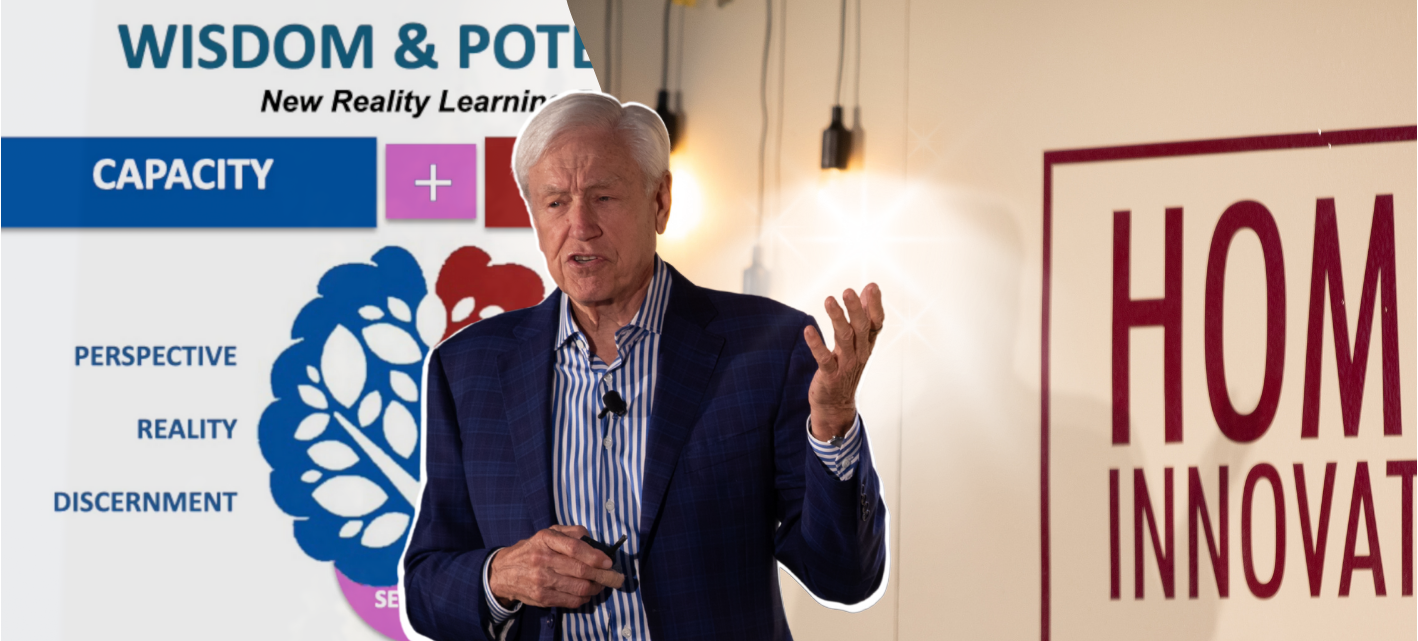Just as fine wine requires careful cultivation, blending, and patience to ensure a high-quality product, successful AI implementation in at-home care demands strategic planning, thoughtful integration, and measured execution.
At the Home Care Innovation Forum, industry leaders gathered for a compelling panel discussion on best practices for integrating AI into operations. The session was moderated by Siva Juturi, Chief Customer Officer at AutomationEdge.
The numbers paint a clear picture of why AI has become critical for home care providers. The industry's market cap of $300 billion is expected to nearly double by 2031, driven by demographics that will see the 65+ population grow from 60 million to 82 million by 2040.
Meanwhile, over 60% of executives expect value-based care contracts to account for at least half their revenue, and clinicians currently spend 40% of their time on documentation rather than patient care.
AI is currently assisting in streamlining these processes, with its impact only to grow: heightening outcomes, raising efficiencies, and bolstering profits.
Starting Your AI Journey? Focus on Pain Points
Rexanne Domico, President and CEO of Interim Healthcare, emphasized that successful AI adoption begins with identifying organizational pain points rather than chasing the latest technology trends.
"We have to rethink return on investment a little bit," she said, explaining how her organization focuses on areas like audit risk, caregiver retention, and operational efficiency.
Interim Healthcare has seen remarkable results in coding automation, with one franchisee reducing monthly coding costs from $13,000 to $1,200 while improving accuracy. A key insight: AI's value isn't just about speed or cost reduction—it's about accuracy and risk mitigation.
AI as Clinical Decision Support
Tarrah Lowry, COO at Empath Health, shared how her organization implemented Muse, an AI tool integrated with their EMR to identify patients likely in the end of their life. The system acts as a "tap on the shoulder" for clinicians, ensuring appropriate care levels when staff are overwhelmed.
"Having a tool that can help look at that information and share it back with us is huge," Lowry said. The AI doesn't just identify patients needing increased visits; it also flags patients receiving more care than necessary, optimizing resource allocation across the organization, she said.
The Human Element Remains Central
David Jackson, Founder and CEO of Choice Health at Home, emphasized that AI should enhance rather than replace human capabilities. He shared a powerful story of a nurse completing nine care visits in one day—what he said could be seen as a resignation-inducing workload—but finished her documentation by Sunday morning thanks to AI assistance.
"We have the coolest job going into the home, taking care of people in a one-on-one environment," Jackson said. "Our documentation is tedious... the documentation is what can make nurses walk away from the career in our sector. AI is helping mitigate that."
Managing Change and Overcoming Resistance
All panelists acknowledged significant staff resistance to AI implementation. Lowry recalled clinical team members expressing concern that efficiency gains would simply lead to increased workloads. The solution? Focus on tasks nobody wants to do.
Empath Health started by automating availability tracking across 300 inpatient beds—a thankless job that consumed more than one FTE. When staff learned they wouldn't have to do this task anymore, "they were all like 'Thank you,'" she said. "And that's when you get buy-in from your team."
The EMR/AI Integration Challenge
A consistent theme throughout the discussion was the need for better integration between EMRs and AI solutions. Currently, providers face what Domico called "a sea of confusion" with numerous point solutions creating fragmented workflows.
Jackson advocated for challenging vendors on their roadmaps and contract terms, suggesting providers should "press for more flexibility in contract terms" given the rapid pace of change. The goal is to consolidate the 1-4% of revenue currently spent on disparate IT solutions, he said.
Successful AI adoption requires more than just technology; it demands cultural change. Domico emphasized the importance of developing robust AI policies while promoting employee engagement with the technology.
The panelists agreed that the messaging around AI must emphasize enhancement over replacement, with AI serving as a substantial tool for improving efficiencies and client outcomes. As Jackson put it: "We want to help you help people. AI is becoming central to that effort. How cool is that?"
🎥 Watch the full discussion below 👇🏻
Posted by
Join us!
The retreat for home health care and hospice leaders innovators.
May 17-19, 2026 | Palm Springs, CA




-2.png)


-2.png)

Comments